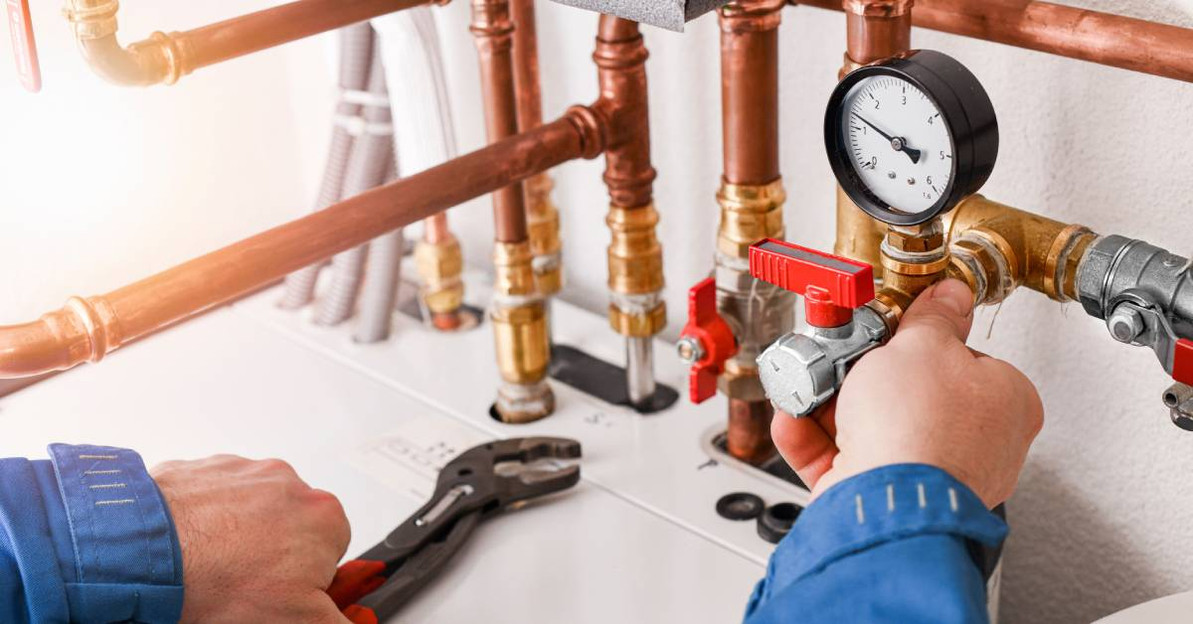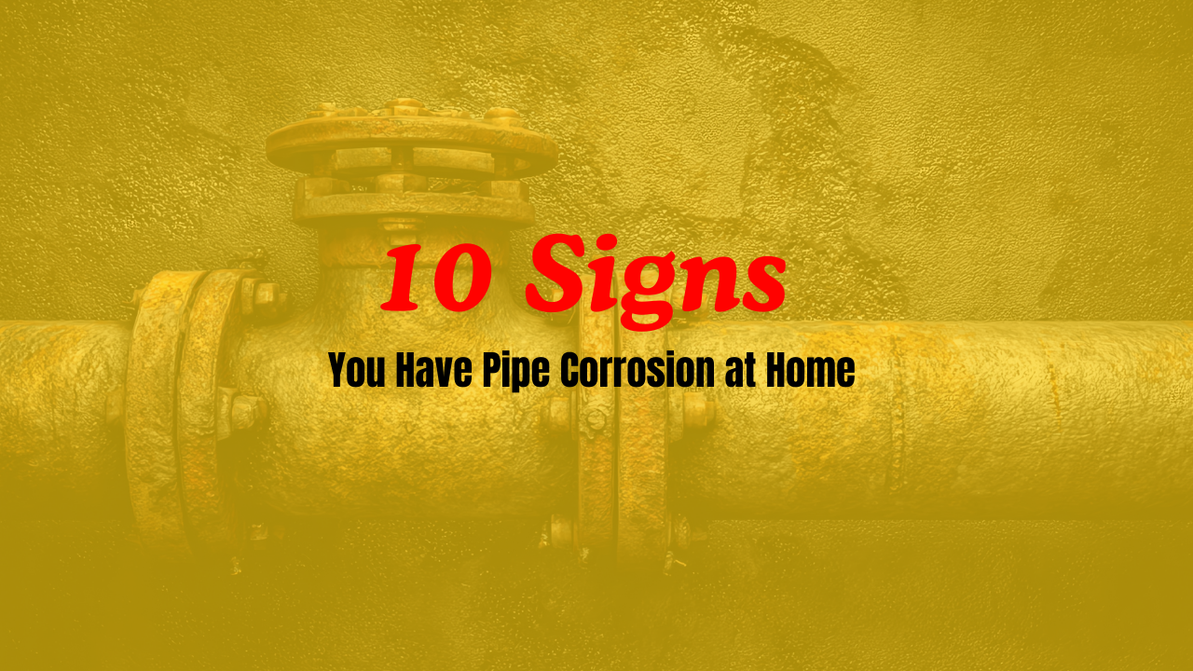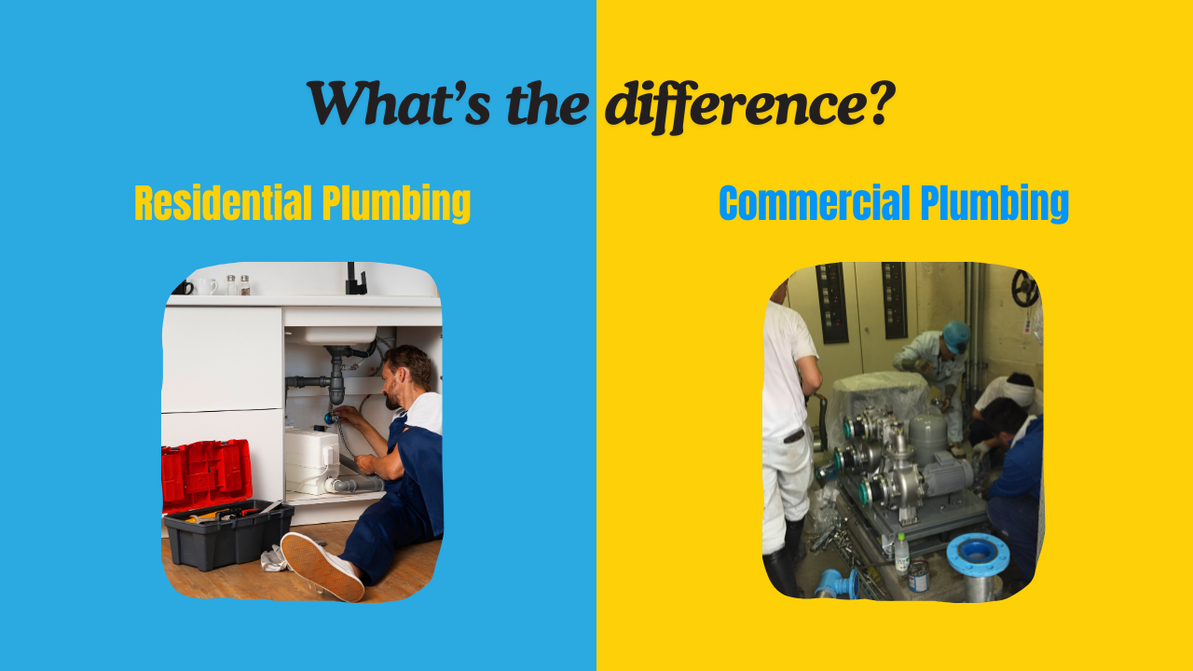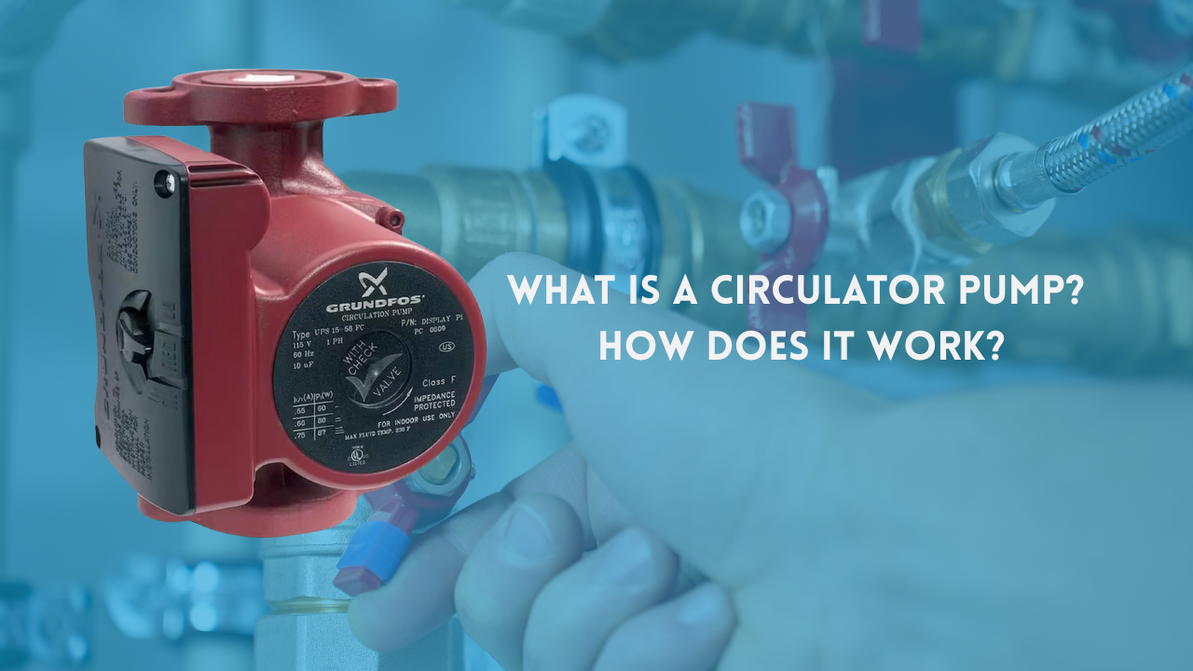Essential Materials Every Plumber Needs To Install a Boiler
Installing a boiler involves more than just technical skill; it requires the right materials to guarantee a successful setup. Whether you’re new to the plumbing industry or a seasoned professional, understanding the crucial components for boiler installation ensures every job runs smoothly. This guide offers a detailed look at the essential materials every plumber needs to install a boiler, making the process straightforward and efficient.
Boiler Unit
The boiler itself stands as the focal point of the installation process. The available choices vary widely, as each boiler is suited to different spaces and needs. A floor-standing model typically heats more water at once, while a wall-hung boiler saves valuable space. Selecting the right type depends on the specific requirements of the installation site and the heating demands of the property.
Piping and Fittings
Now, let’s examine the backbone of the boiler system: high-quality piping. Copper pipes are often preferred due to their durability and resistance to corrosion. The fittings must match the pipe type and size for a tight seal; the correct diameter with a tight fit helps maintain optimal water flow and system efficiency.
Flue Kit
The boiler system’s flue kit is an integral component for venting gases safely out of the building. This system prevents harmful emissions from accumulating indoors, which promotes safety and compliance with building codes. The flue kit you use will depend on the boiler model and building structure.
Expansion Vessel
A boiler’s expansion vessel controls pressure within the heating system. It absorbs excess water pressure, which prevents potential damage to the system. For optimal performance, don’t forget to check the vessel’s compatibility with the boiler model.
Valves and Controls
Valves regulate the flow of water and gas, while controls manage the boiler’s operation. Pressure relief valves, thermostatic mixing valves, and shut-off valves each serve specific functions that contribute to safety and efficiency. Additionally, modern digital controls offer precise temperature management and energy savings.
Insulation Materials
Insulating the boiler’s various pipes and tanks not only prevents heat loss but also increases system efficiency. Foam insulation wraps around pipes to keep heat within and reduce energy costs. High-quality insulation will keep the system running at its best, even in colder environments.
Thermostat
A thermostat allows users to control the heating system’s temperature. Programmable models offer advanced features, such as scheduling and remote access via smartphone apps. The right thermostat enhances user comfort and optimizes energy use.
Tools and Safety Gear
No boiler installation is complete without the right tools and safety gear. Wrenches, pipe cutters, and drills are fundamental tools for any plumber. Safety gear like gloves and goggles protect against potential hazards during installation so you can get the job done safely and effectively.
Water Treatment Products
Use water treatments to protect the boiler from corrosion and scale buildup. Inhibitors and cleaners enhance the system’s lifespan and performance by maintaining water quality. Regular treatment keeps the system running smoothly and helps users avoid pricey repairs down the line.
Boiler installation demands close attention to detail and the right set of materials. Each component plays a vital role in the overall success of the project. By keeping all these essentials on hand, plumbers can deliver installations that stand the test of time, keeping clients warm and satisfied.
Recent Posts
-
What Causes Pipe Corrosion?
Pipe corrosion occurs when metal reacts with water, oxygen, and minerals over time. Factors that spe …Feb 2nd 2026 -
Commercial vs. Residential Plumbing: 15 Key Differences You Need to Know
Plumbing might seem straightforward at first glance, but residential and commercial systems are fund …Feb 2nd 2026 -
What Is a Circulator Pump and How Does It Work?
Water needs to keep moving efficiently in plumbing and HVAC systems, and that’s where a circulator p …Feb 2nd 2026





